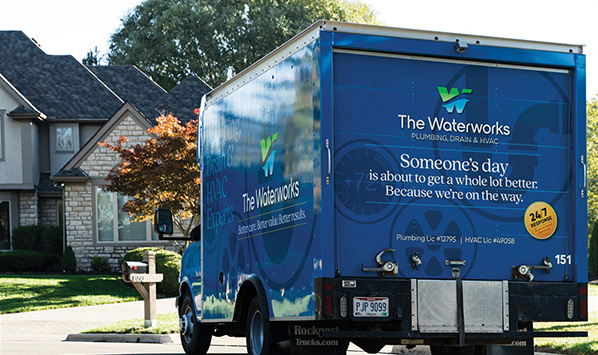The Difference Between Hard Water and Soft Water

Have you ever heard of the terms hard water and soft water? Whether you have or have not, you may be curious as to what these two terms mean. Essentially, hard water contains more dissolved minerals such as calcium and magnesium and is the source on many water treatment problems. Meanwhile, soft water is treated water that only contains sodium.
Confusingly enough, many people prefer the taste of hard water due to the minerals and better flavor. Soft water can taste salty due to the sodium content, however we typically soften our water for a few reasons. Many of the faults of hard water can be recognized while completing household chores. Hard water can result in dingy looking clothes after doing laundry, scum marks on bathtubs, dishes with residue and spots after going through the dishwasher, and clogged pipes.
Other downfalls of hard water include damaging electric water heaters and dull and sticky hair after showering. This occurs because soap is less effective when reacted with the elements in hard water such as calcium and magnesium.
For these reasons, soft water can make the lives of chore-doers much more enjoyable and efficient. Your soap will function at a higher level of quality and your hair, laundry, and dishes will be cleaner. Softening your water will help you end up saving money because you will be buying soap and detergent less often.
If you are not sure whether or not you have hard water, you can complete an at-home test or send in a water sample to a lab. If you do have hard water, you can purchase a softening system and your home chores will become much easier.
Plumbing emergency? We respond any time!





